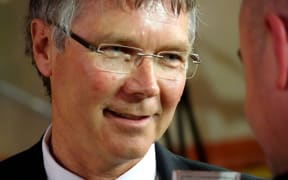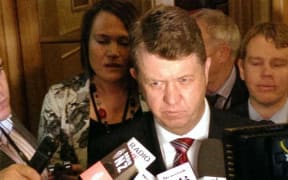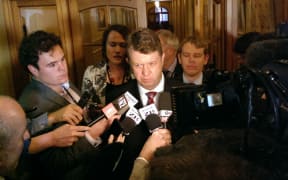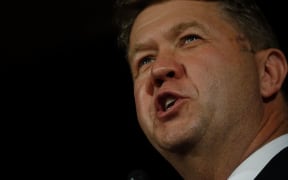The revision of history has already begun. Read the blogs and tweets of some hardcore Labour Party supporters and you would believe Saturday's election result had nothing to do with Labour.
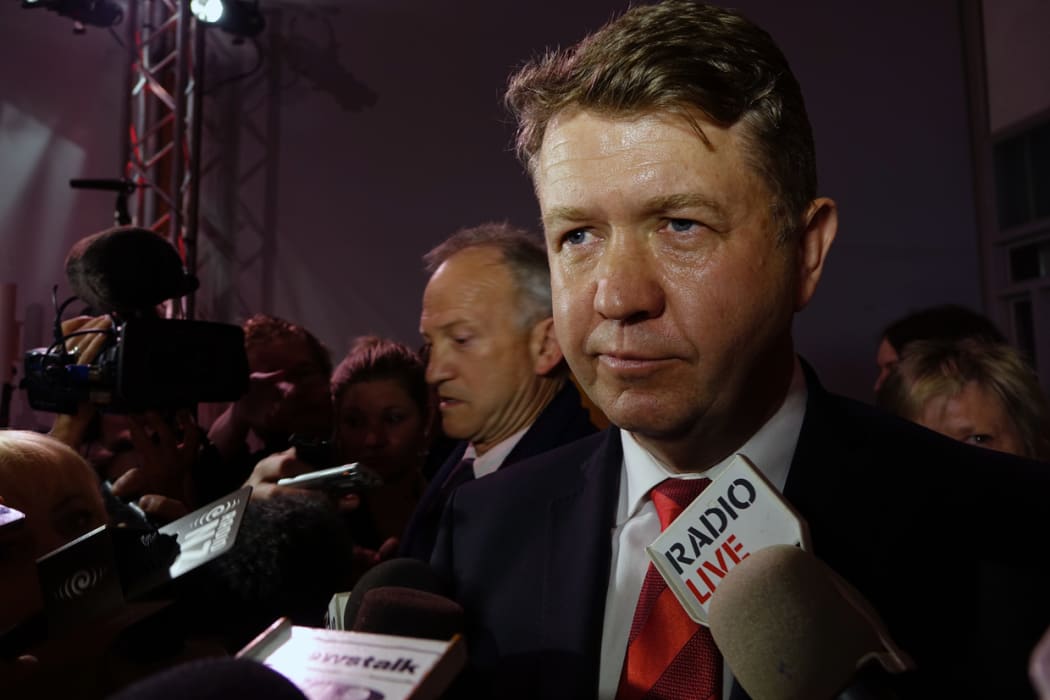
David Cunliffe speaks to media after admitting defeat on election night. Photo: RNZ / Kim Baker Wilson
Len Richards tweeted that focus on the Labour's leadership was simplistic: "Dirty politics over last three elections took its toll. 2014 is not a 1-off."
Mr Richards is correct that the 2014 is not a one-off result. He's also right that dirty politics played a part - but not the dirty politics he refers to.
Since Helen Clark stood down as leader in 2008, Labour has been beset by leadership turmoil. For three years, her successor Phil Goff was undermined. Then his successor, David Shearer, faced the same attempts at undermining his leadership.
Who was behind that campaign of dirty politics? Not the National Party. It was the supporters of David Cunliffe, who campaigned assiduously to bring down Mr Goff and then Mr Shearer.
Mr Cunliffe might not have led the charge, but he did nothing to rein in his supporters. They showed little loyalty to either Mr Goff or Mr Shearer, but then immediately demanded unswerving loyalty to Mr Cunliffe once he became leader.
Credibility damaged
Five years of undermining the party's leaders also undermined Labour's credibility. Repeatedly, voters have confirmed they do not vote for a party which they see as divided. Most are likely to reason that if Labour cannot govern itself, how can it govern the country?
And Mr Cunliffe's election last year could not turn that perception around. He won the leadership with the support of party members and union affiliates. Most MPs, though, opposed his candidacy.
Those MPs did, however, show loyalty to Mr Cunliffe from the time he took over the leadership until election night.
But following Labour's disastrous loss, all bets are now off. MPs are positioning themselves for a leadership contest but not until the party has reviewed its campaign.
That review will fail, however, if it just looks at the campaign itself. It needs to review Labour's performance since 2008 and it needs to be brutally honest. That might upset some who would prefer to live in another world where real politics do not exist.
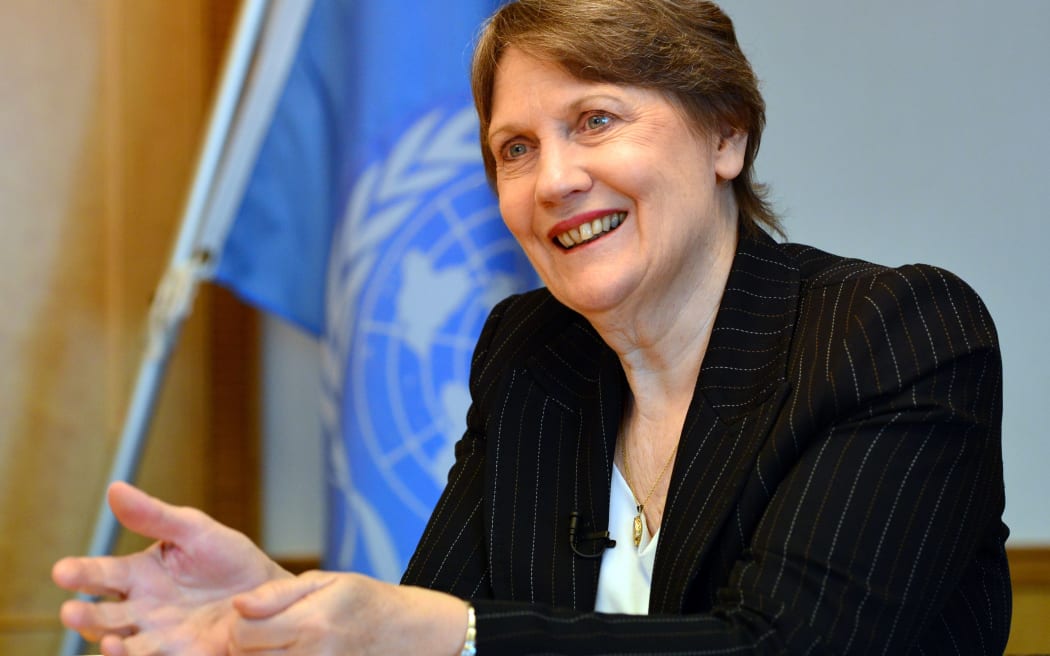
Helen Clark moved on from Labour after its defeat and now heads the UN's Development Programme. Photo: AFP
Case of deja vu?
It seems remarkable it is in this place just six years after the end of the Helen Clark-led Government.
Some will argue Labour has been here before. In 1990, it was demolished by National in a landslide, but came agonisingly close to winning back government in 1993. In the end, it took until 1999 for Labour to win back the Treasury benches after Helen Clark wielded together competing factions into a unified party.
She was helped by the fact that those on the far left of the party had splintered off to join the Alliance.
The problem now for Labour is that many of those people have come back to the party but their political views remain firmly rooted in the past. They still view politics in terms of a class struggle.
In that context, they view National as a party of the rich engaged in class warfare against the working class. They ignore the fact that while National has strong support from the business community, many of its party members are people who former Labour leader Mike Moore would describe as life's battlers.
Party at crossroads
Rather than blaming voters, Labour strategists need to look closely at why their party is not connecting with voters.
And yes, leadership is a big part of that.
When David Cunliffe became leader Labour was polling about 33 or 34 percent support. He and his supporters said he could lift Labour to 40 percent.
Saturday's election result is a damning indictment on his leadership and the party's organisation.
Mr Cunliffe still does not appear to recognise that and he says he wants to continue as leader. His supporters say he cannot be blamed for the result.
Who then takes responsibility?
Labour is at a crossroads. Does it retake its place as a mass party representing the interests of all New Zealanders or retreat to increasing irrelevance?
If you are a Labour Party member and wish to let us know your views on the future of the party, email us at politics@radionz.co.nz
